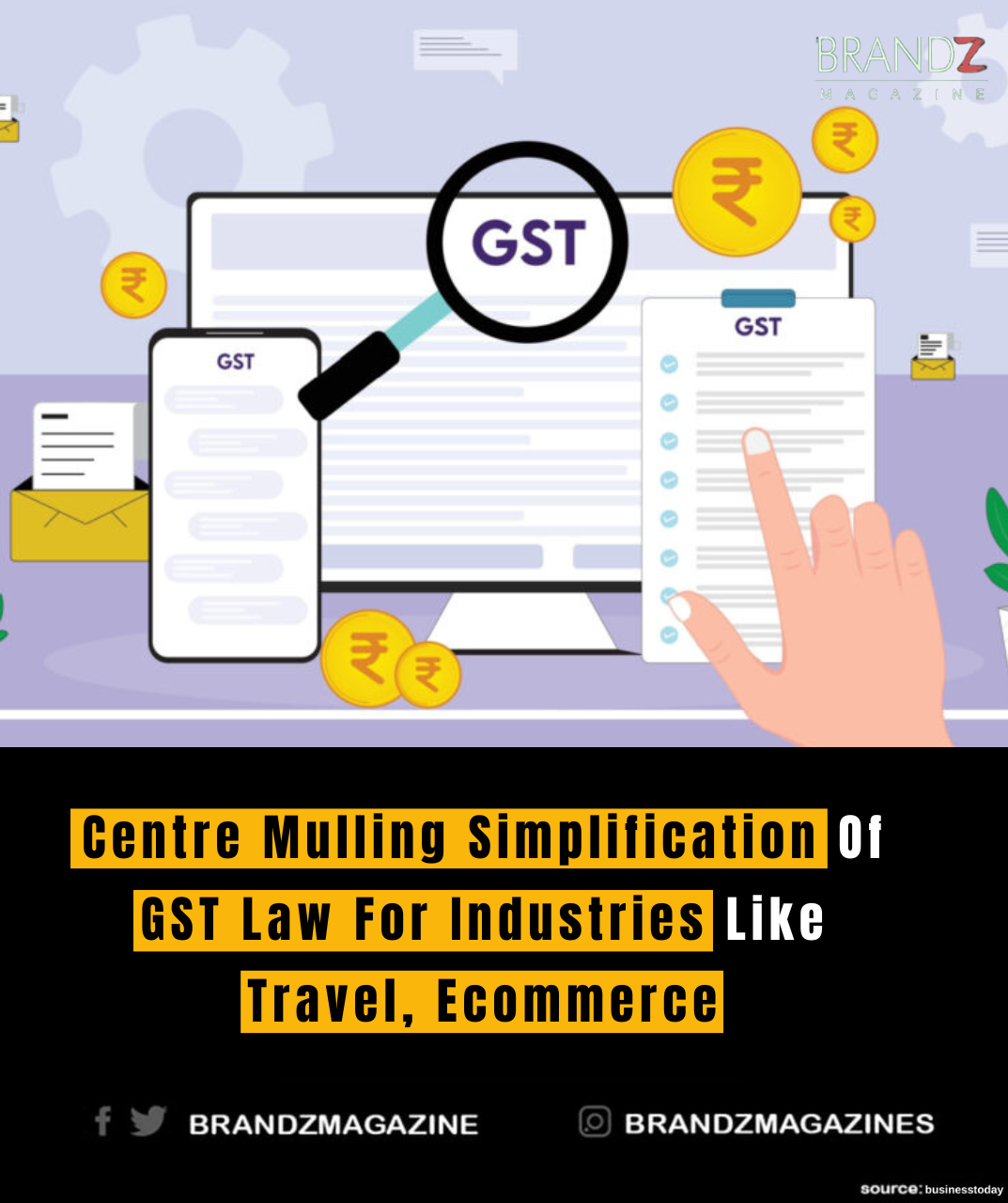
In a significant move aimed at facilitating ease of doing business, the Indian government is contemplating the simplification of the Goods and Services Tax (GST) law, particularly for industries such as travel and e-commerce. The potential revision of the GST framework is part of an ongoing effort to streamline processes, reduce compliance burdens, and enhance the overall business environment in these sectors.
The Goods and Services Tax, introduced in India in 2017, aimed to create a unified and transparent taxation system by subsuming various indirect taxes. While the GST system has simplified taxation to a considerable extent, there have been persistent demands for further simplification, especially from sectors facing unique challenges such as travel and e-commerce.
The travel industry, which includes services like airline bookings, hotel accommodations, and tour packages, has been grappling with complex GST provisions. The nature of travel services often involves a combination of goods and services, leading to intricate tax calculations. The government’s consideration of simplifying GST for the travel sector is a response to industry stakeholders seeking clarity and a more straightforward taxation structure.
E-commerce, another dynamic sector that has witnessed rapid growth, is also under consideration for GST law simplification. The complexities arise from the diverse range of transactions in the e-commerce space, including sales of goods, digital services, and marketplace facilitation. Simplifying GST for e-commerce could involve clarifying tax liabilities, input tax credit mechanisms, and compliance procedures for businesses operating in this space.
The potential simplification is expected to bring about several advantages for businesses in these sectors. One of the primary benefits would be a reduction in compliance costs and the administrative burden associated with navigating complex GST provisions. Simplified tax procedures can enhance the ease of doing business, allowing companies to focus on their core operations rather than grappling with convoluted tax calculations.
Furthermore, a streamlined GST framework could contribute to increased compliance rates, as businesses may find it easier to adhere to clear and straightforward regulations. This, in turn, can lead to a more efficient tax collection process for the government, fostering a win-win scenario for both businesses and the exchequer.
It is worth noting that the government has been proactive in seeking industry inputs and feedback on the challenges faced in GST compliance. The ongoing dialogue between policymakers and industry representatives reflects a collaborative approach toward creating a business-friendly environment and addressing sector-specific concerns.
While the exact details of the proposed simplifications are yet to be revealed, the move is indicative of the government’s responsiveness to the evolving needs of businesses in the modern economic landscape. The dynamism of sectors like travel and e-commerce necessitates a flexible and adaptive tax framework that accommodates industry nuances.
In conclusion, the potential simplification of the GST law for industries like travel and e-commerce signals a positive step toward fostering a more conducive business environment. The government’s willingness to address sector-specific challenges and streamline tax procedures reflects a commitment to facilitating economic growth and reducing regulatory complexities. As discussions progress and potential revisions take shape, businesses in these sectors will be closely watching for reforms that enhance their operational efficiency and contribute to overall industry development.

